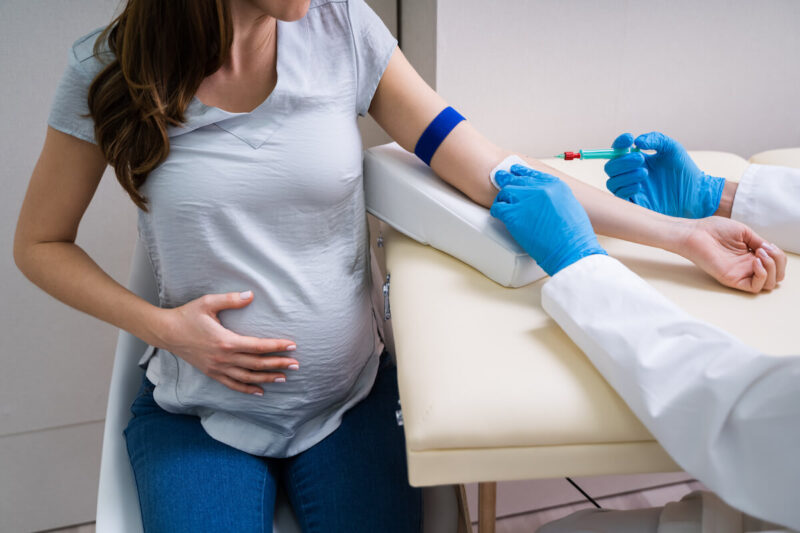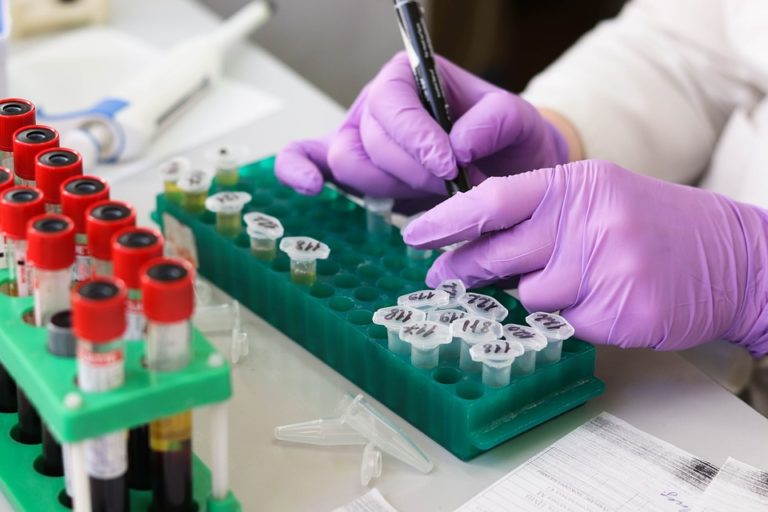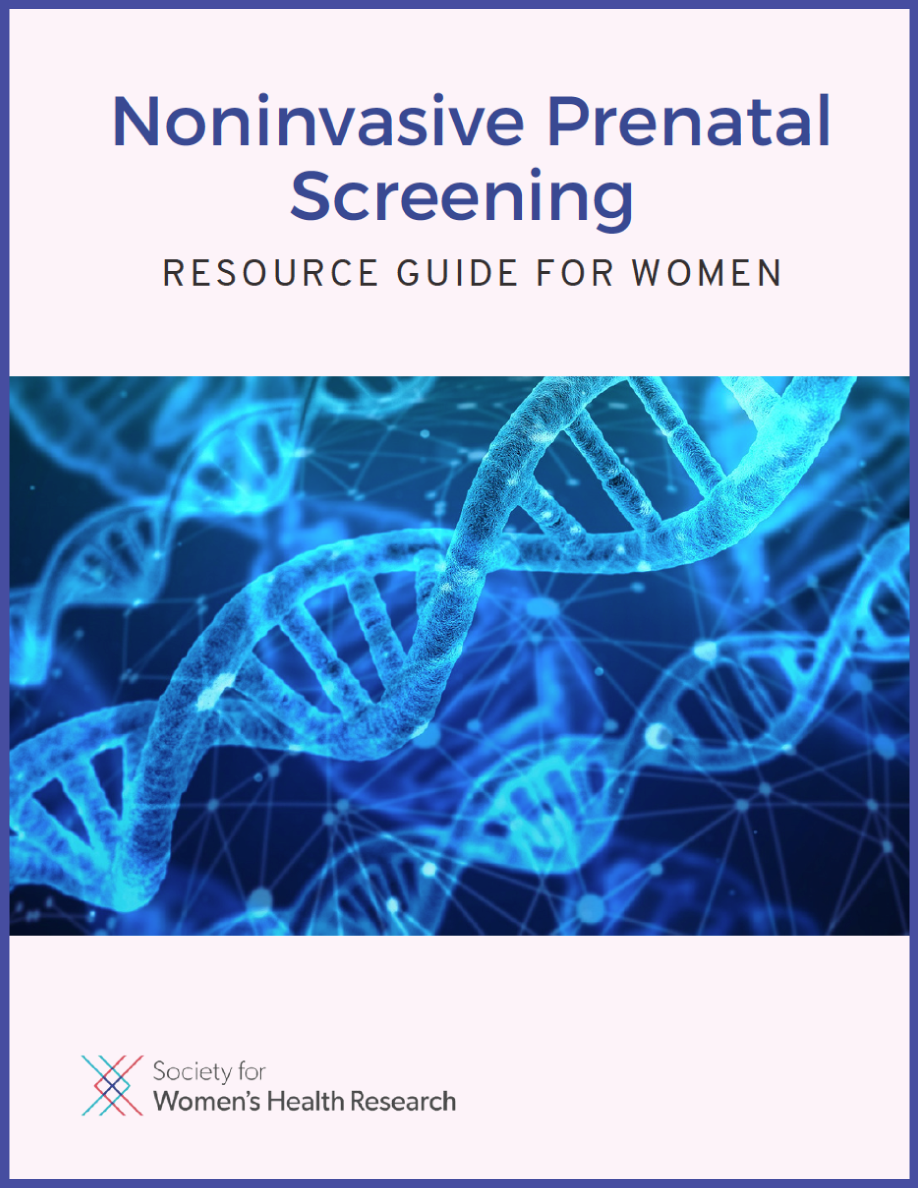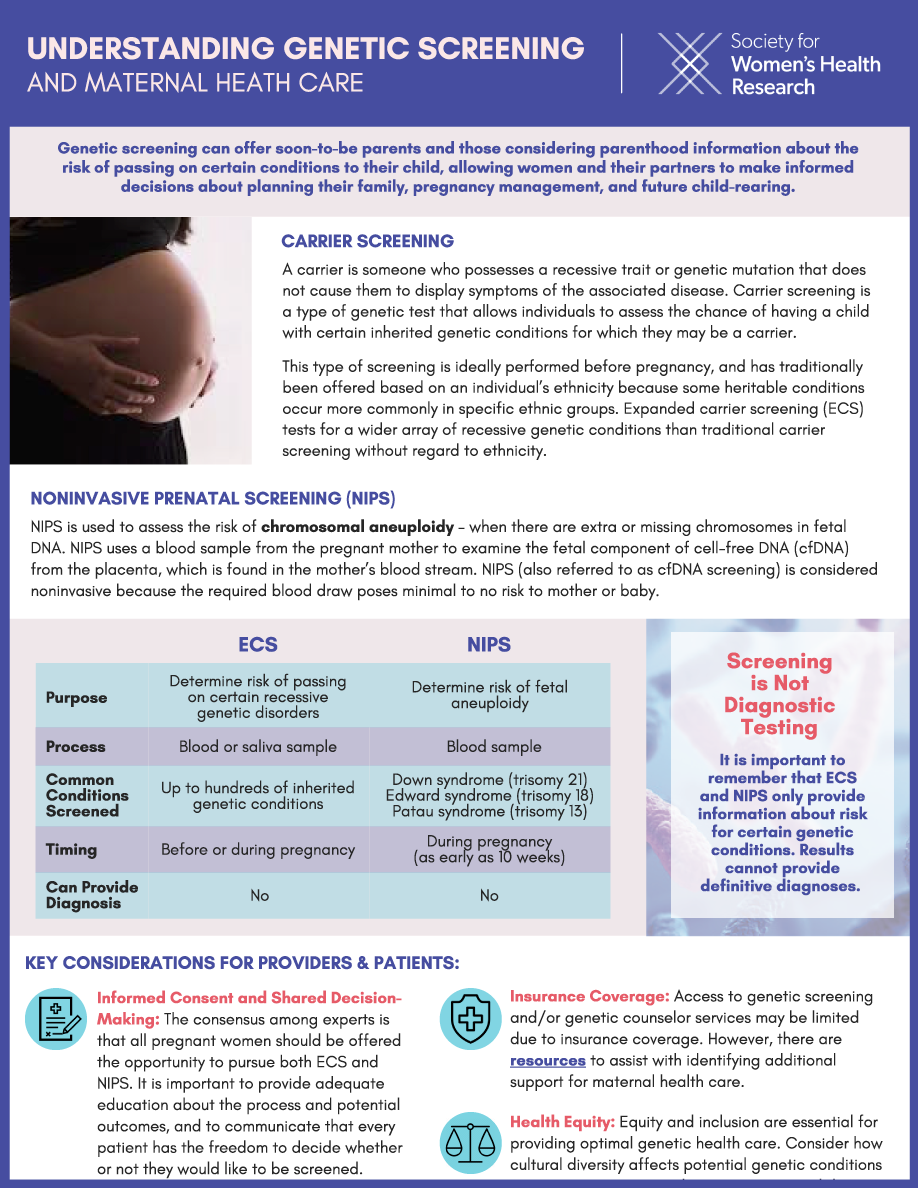Prenatal genetic screening can offer soon-to-be parents and those considering parenthood information about the chance of passing on certain conditions to their child, allowing women and their partners to make informed decisions about planning their family, pregnancy management, and future child-rearing. A variety of tools and methods are available for prenatal screenings — all with a goal of gaining insight into the potential outcome of certain genetic conditions.
Noninvasive prenatal screening (NIPS) assesses risk for a chromosomal aneuploidy – when there are extra or missing chromosomes in fetal DNA. The most common conditions screened through NIPS are Down Syndrome, Edwards Syndrome, and Turner Syndrome. The procedure takes a blood sample from a pregnant mother to examine cell-free DNA from the placenta that circulates in the mother’s blood.
Noninvasive Prenatal Screening is part of the SWHR Maternal Health Network, which engages the following focus areas: Expanded Carrier Screening, Fertility, Maternal & Infant Health Disparities, and Noninvasive Prenatal Screening.










